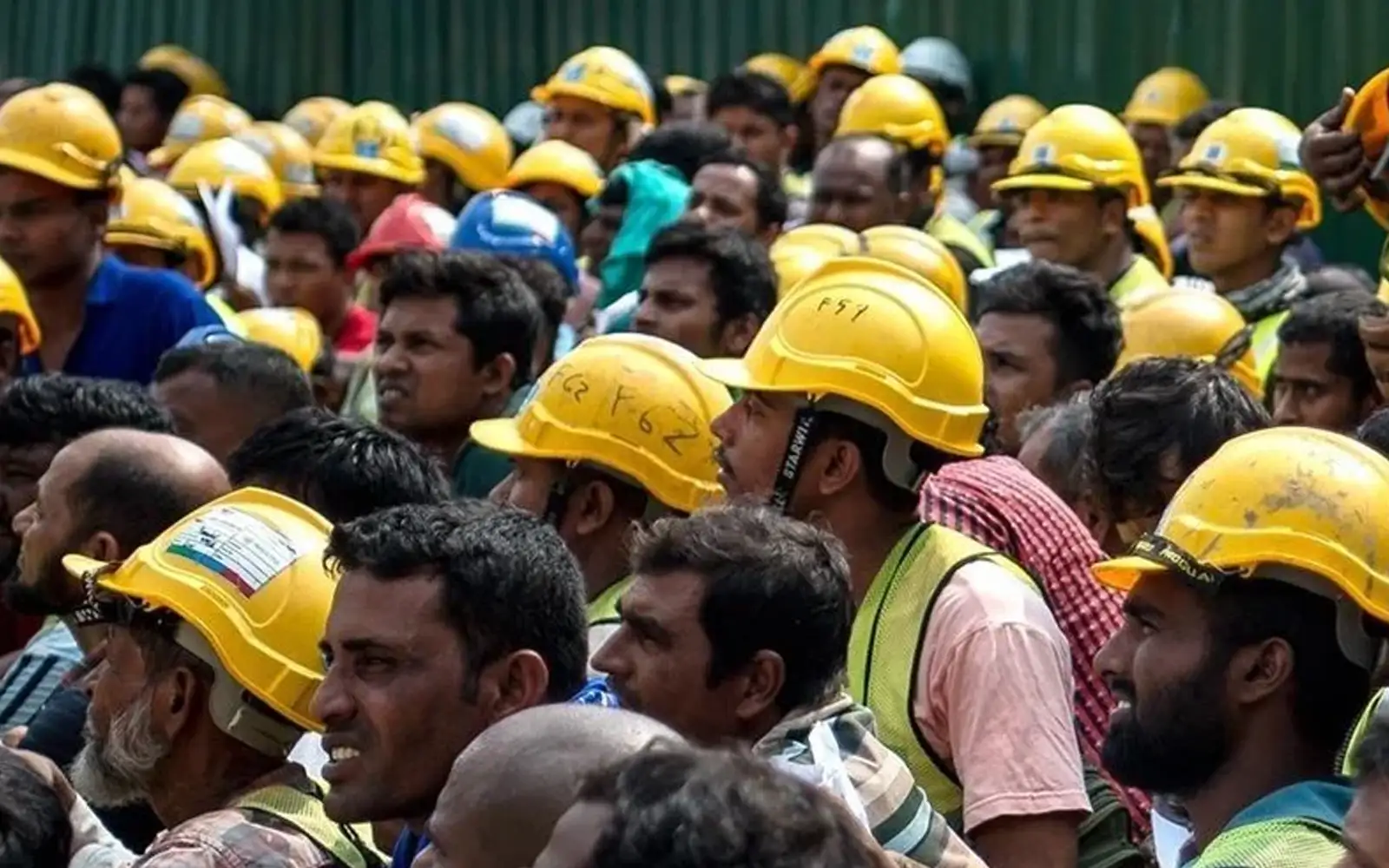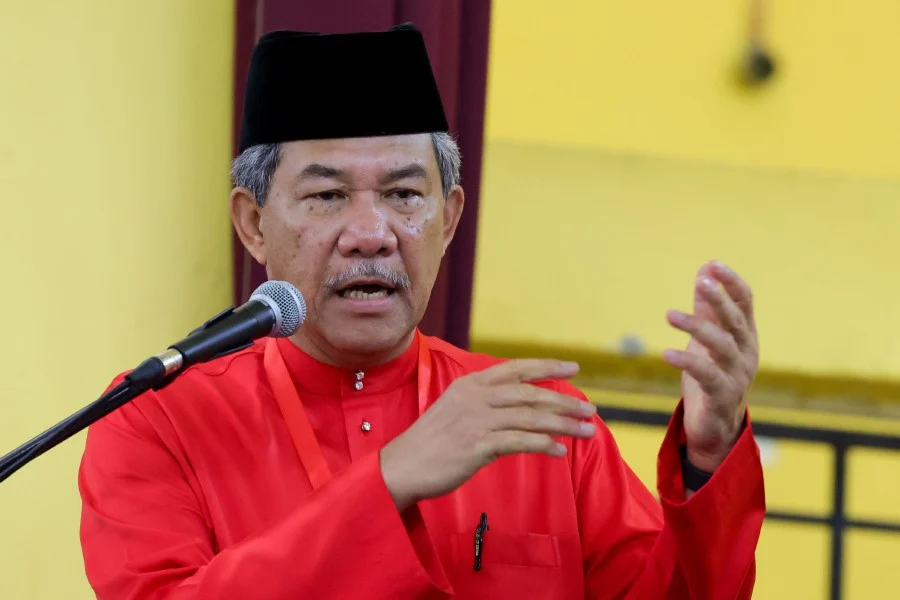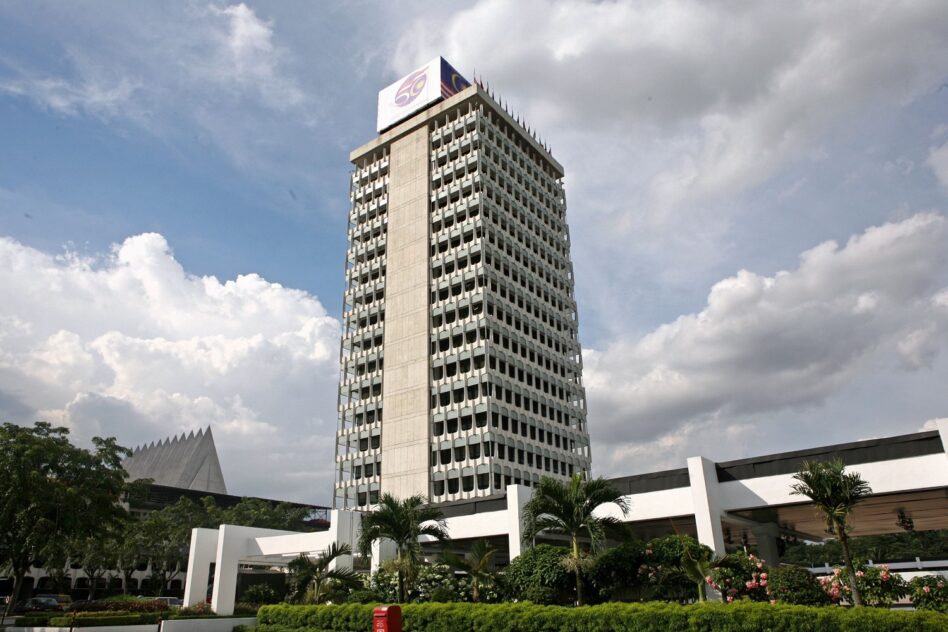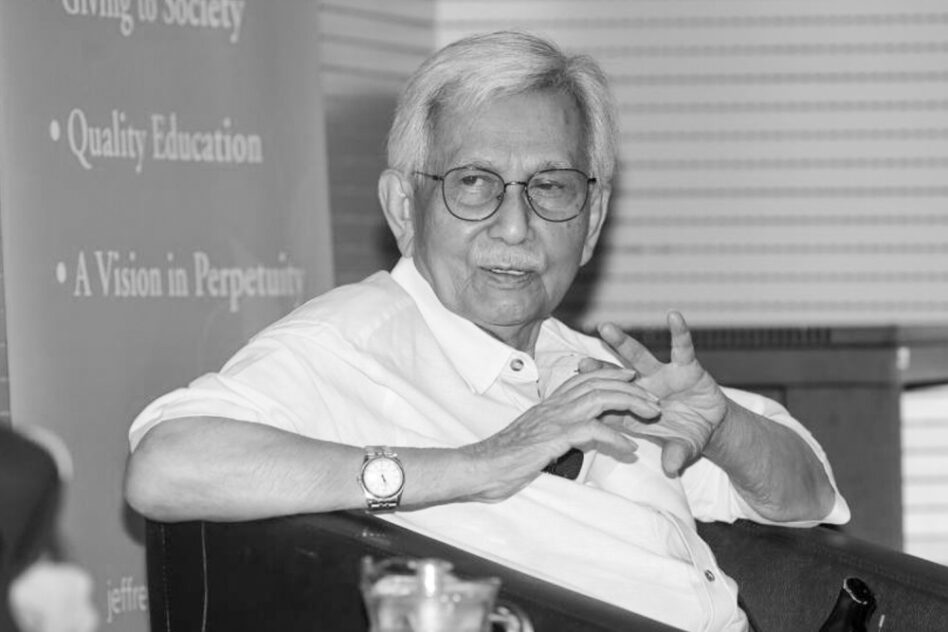Letter to editor
ARTICLE 10 of the International Labour Organisation (ILO) Migrant Workers (Supplementary Provisions) 1975, Convention 143 states that member nations need to pursue a policy designed to promote and guarantee equality of opportunity and treatment in respect of employment and social security for persons who are migrant workers.
Malaysia being a member of the ILO has an obligation to pursue the core standards so established by the ILO and it rightly did so when it decided to extend, initially, protection under the Employees’ Social Security Act 1969 (SOCSO) and now, the Employees Provident Fund Act, 1991 (EPF) to migrant workers.
What was supposed to be contributions on par with the mandatory requirements under the EPF Act (11% for employees and 13% for employers) was diluted to a mere 2% no thanks to the government succumbing to the demands of the employers.
While the implementation of the 2% EPF contribution was expected to be enforced in the later part of this year subject to the necessary amendments to the EPF Act, the said timeline seems to be under threat, yet again, as employers’ organisation such as the Federation Of Malaysian Manufacturers (FMM) are seeking a postponement of the said implementation.
Citing rising cost, including an increase of electricity rates effective July 2025, the FMM is seeking to defer the implementation of EPF contributions by one year.
Targeting the measly rate of 2% contribution to the EPF but not agitating for the deferment or abolishment of the hefty 14.2% increase in electricity rates schedule in the next few months (July 2025 as reported) makes no sense.
Obnoxious as it is, employers have always sought to either deny, oppose, delay or circumvent any progressive transformation of the worker’s social security safety nets.
Be it a revision of the National Minimum Wage, the implementation of the Employees’ Minimum Standards Of Housing, Accommodation And Amenities or even Maternity Leave of 98 days, the response has always been to equate such social security progression to cost increases.
Given the fact that our nation has still a long, long way to go in improving workers’ social-economic wellbeing—low/stagnant wages, a reform of archaic labour laws, old age financial support shields just to mention a few—it is imperative that the government stands steadfast in its objective to carry out the transformation of the existing workers ecosystem.
If the government concedes to the employers’ demand every time it attempts to alter the status quo it would, inevitably, result in workers been left to wallow in the vicious circle of low/stagnant wages and an inconducive working environment just so uncaring employers are permitted to stay in business.
Therefore, it would be just and appropriate that EPF contributions to migrant workers, albeit at a low 2% rate, be enforced at the soonest by the government.
We are also of the view that the ultimate goal must be that workers, regardless of whether they are Malaysians or foreigners, must be accorded the same privileges, benefits and protection of our labour legislation least we stand accused of endorsing discriminatory labour practices. – March 25, 2025
K. Veeriah is the secretary of the Malaysian Trades Union Congress (MTUC) Penang Division.
The views expressed are solely of the author and do not necessarily reflect those of Focus Malaysia.
Main image: Free Malaysia Today









